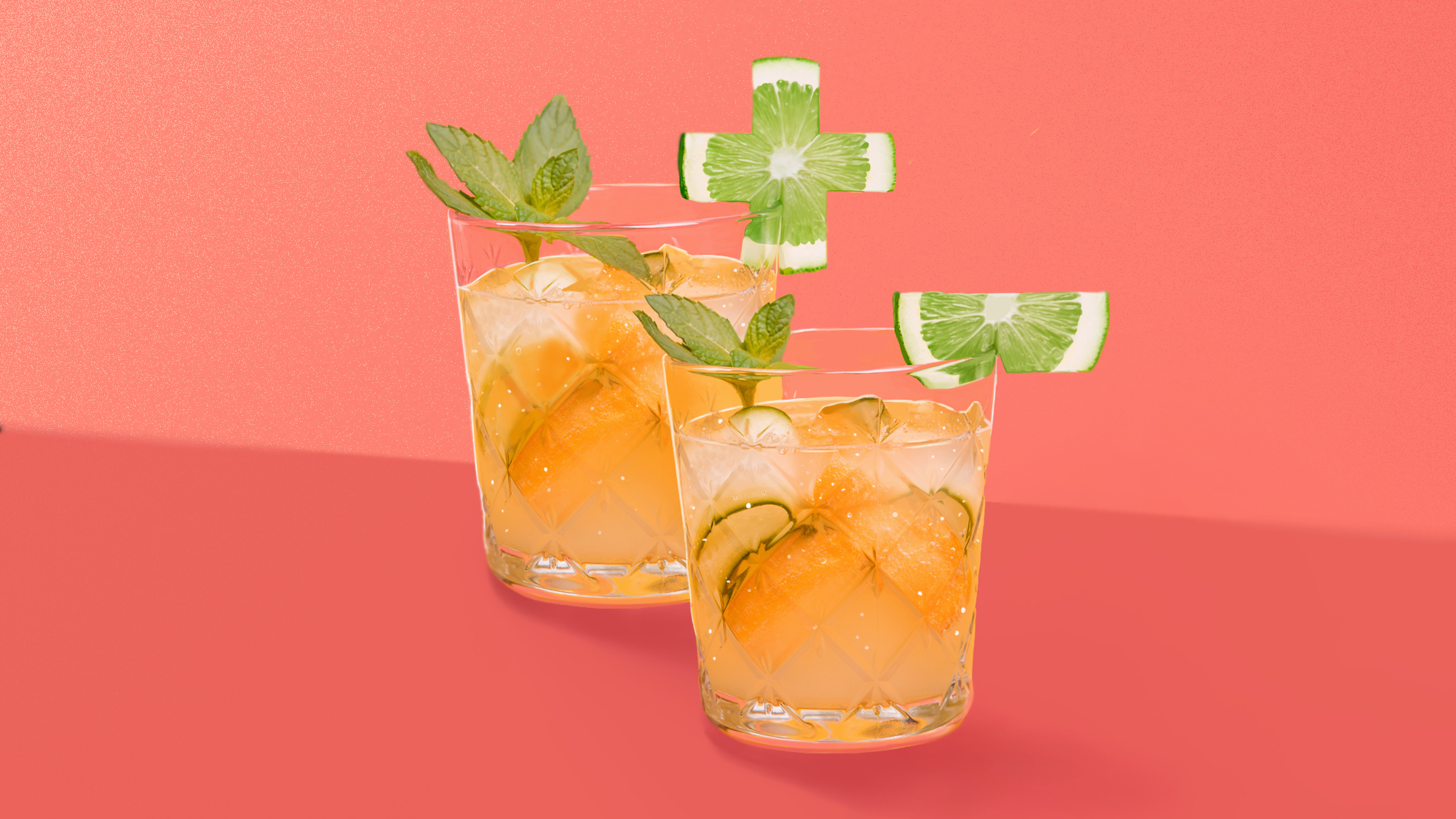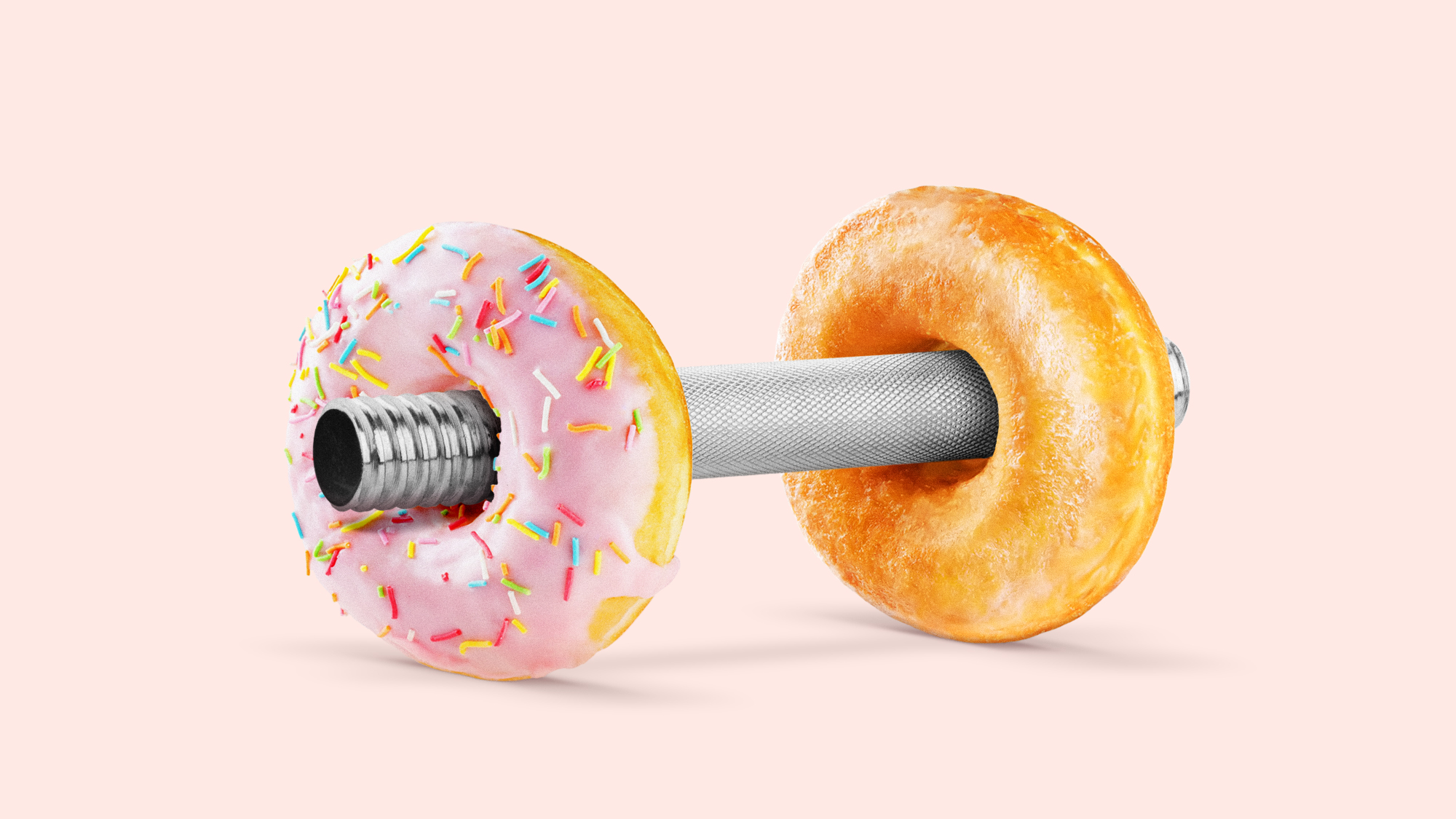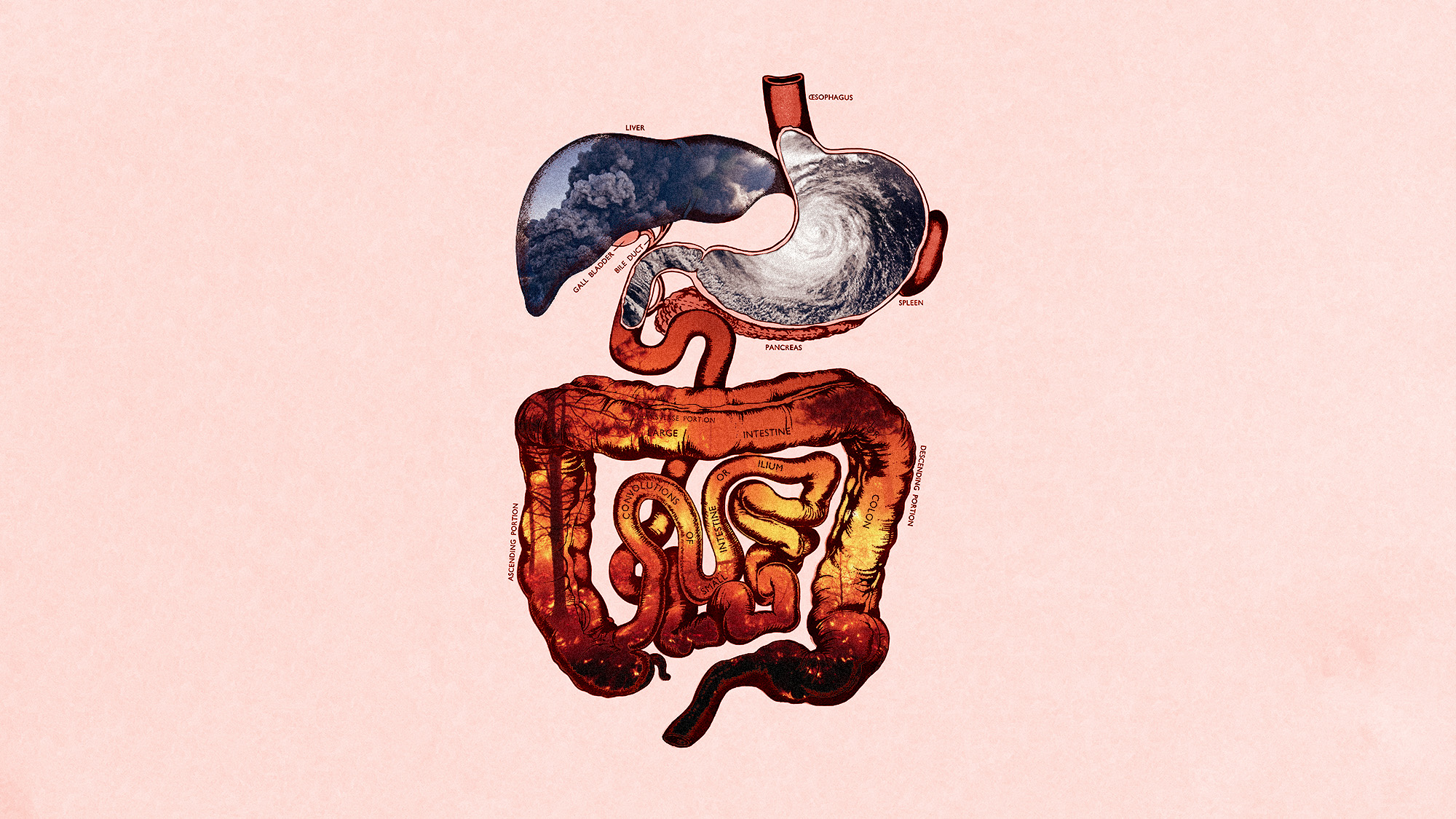Pros and cons of giving up alcohol
Staying off the booze has health benefits but many struggle with the social downsides

A free daily email with the biggest news stories of the day – and the best features from TheWeek.com
You are now subscribed
Your newsletter sign-up was successful
After a festive season filled with drinking and indulging, some of us may be thinking about giving up alcohol for Dry January or even quitting for good.
And giving up is not uncommon – according to Drinkaware, some 14% of adults in the UK never touch the stuff, despite 52% of them having previously been drinkers.
The Week examines the pros and cons of saying no to alcohol, whether it's just for a month or a lifelong decision.
The Week
Escape your echo chamber. Get the facts behind the news, plus analysis from multiple perspectives.

Sign up for The Week's Free Newsletters
From our morning news briefing to a weekly Good News Newsletter, get the best of The Week delivered directly to your inbox.
From our morning news briefing to a weekly Good News Newsletter, get the best of The Week delivered directly to your inbox.
Pro: it has many health benefits
Giving up alcohol can have a number of health benefits such as aiding weight loss, decreasing blood pressure and cutting the risk of diabetes, according to a recent study.
Dr Gautam Mehta, senior lecturer at the UCL Institute for Liver and Digestive Health who co-authored a paper on the benefits of periods of alcohol abstinence such as Dry January, said that a month off alcohol for moderate to high drinkers can have "tangible health benefits".
"Our study saw a weight loss of around 2kg, a decrease in blood pressure of around 5%, and an improvement in diabetes risk of almost 30%," he told BBC Good Food. The study also found "large decreases in blood growth factors that are linked to certain cancers", said Dr Mehta. But it is not known if these benefits "translate to long-term improvements in health", he added.
Con: short breaks may encourage heavier drinking later
Total abstinence from alcohol isn't strictly necessary; in fact it's better to avoid alcohol for a few days every week – to give your liver time to repair – than to have one alcohol-free month a year after which you return to drinking, according to the British Liver Trust.
A free daily email with the biggest news stories of the day – and the best features from TheWeek.com
One of the main problems with trying to stay off alcohol entirely is that it can encourage "yo-yo behavioural patterns" and encourage a "binge-purge mentality", said Men's Health.
Dr Mehta said that periods of alcohol abstinence such as Dry January can make people feel "more confident about managing their drinking generally" but it could also have "unintended consequences". Participants "might feel that they've 'detoxed' after a month of no drinking, and drink more than they otherwise would have done in subsequent months," he said.
Pro: giving up can help form a habit that sticks
A break from drinking can lead to a lasting change, or even to giving up alcohol entirely. University of Sussex researchers found that 70% of Dry January participants maintained healthier drinking habits six months later.
Around 13% stopped drinking permanently. But outcomes varied, with some returning to a high alcohol intake later on.
Con: it can be dangerous for heavy drinkers
Heavy and problem drinkers should not stop drinking alcohol without first seeking medical advice. Withdrawal symptoms can vary from mild (sweating, headaches, anxiety) to severe (vomiting, shaking, hallucinations and seizures). Heavy drinkers should therefore consult a GP before they cut down.
Pro: may promote self-awareness around drinking behaviours
Participating in periods of alcohol abstinence such as Dry January can provide good opportunities for us to reflect on our drinking habits and see where we may need to instigate change.
According to Ian Hamilton, a lecturer in addiction at the University of York, Dry January "prompts people to think about not just how much they drink but what their individual relationship with alcohol is". So people who realise they are drinking frequently in order to relax might "think about alternative ways to relax rather than relying on alcohol", he told BBC Good Food.
However, people participating in events like Dry January are already more likely to be moderate drinkers, said Hamilton. "Even if people do feel they benefit from Dry January it's difficult to know whether this is solely due to cutting out alcohol, as people tend to do parallel healthy things like eat more healthily and take up exercise."
Con: harder to socialise
Wanting to have a drink while socialising is one of the most common reasons why people find it hard to abstain from alcohol, according to research commissioned by Volvic, which sponsored a study of 2,000 adults. Post-work drinks, a desire to socialise and a fear of missing out were all ranked among the top reasons people fell off the wagon during Dry January.
But learning you can socialise without having a drink has its upsides. "It's a deeply held lie that everything in life requires alcohol," said Richard Piper, chief executive of Alcohol Change UK, speaking to The Times. "You’ll find it's incredibly liberating once you realise you can still go out there and socialise without alcohol."
-
 How the FCC’s ‘equal time’ rule works
How the FCC’s ‘equal time’ rule worksIn the Spotlight The law is at the heart of the Colbert-CBS conflict
-
 What is the endgame in the DHS shutdown?
What is the endgame in the DHS shutdown?Today’s Big Question Democrats want to rein in ICE’s immigration crackdown
-
 ‘Poor time management isn’t just an inconvenience’
‘Poor time management isn’t just an inconvenience’Instant Opinion Opinion, comment and editorials of the day
-
 Stopping GLP-1s raises complicated questions for pregnancy
Stopping GLP-1s raises complicated questions for pregnancyThe Explainer Stopping the medication could be risky during pregnancy, but there is more to the story to be uncovered
-
 Tips for surviving loneliness during the holiday season — with or without people
Tips for surviving loneliness during the holiday season — with or without peoplethe week recommends Solitude is different from loneliness
-
 More women are using more testosterone despite limited research
More women are using more testosterone despite limited researchThe explainer There is no FDA-approved testosterone product for women
-
 Climate change is getting under our skin
Climate change is getting under our skinUnder the radar Skin conditions are worsening because of warming temperatures
-
 Food may contribute more to obesity than exercise
Food may contribute more to obesity than exerciseUnder the radar The devil's in the diet
-
 Is that the buzzing sound of climate change worsening sleep apnea?
Is that the buzzing sound of climate change worsening sleep apnea?Under the radar Catching diseases, not those ever-essential Zzs
-
 Deadly fungus tied to a pharaoh's tomb may help fight cancer
Deadly fungus tied to a pharaoh's tomb may help fight cancerUnder the radar A once fearsome curse could be a blessing
-
 Climate change can impact our gut health
Climate change can impact our gut healthUnder the radar The gastrointestinal system is being gutted